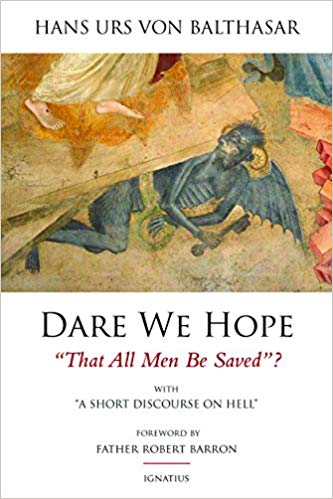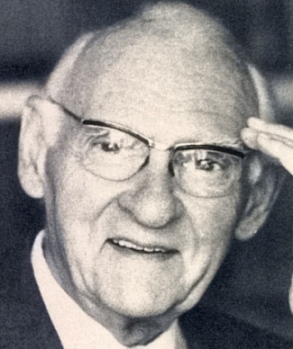Podcast: Play in new window | Download (Duration: 27:45 — 25.4MB) | Embed
Subscribe: Apple Podcasts | Spotify | Amazon Music | Android | Pandora | iHeartRadio | JioSaavn | Podchaser | Gaana | Podcast Index | Email | TuneIn | Deezer | Anghami | RSS | More
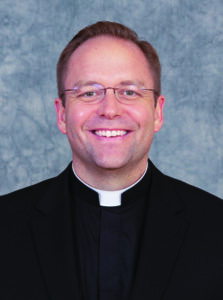
Trusting in God’s Goodness – Is Jesus Calling You with Fr. Paul Hoesing
Fr. Paul Hoesing and Kris McGregor discuss the importance of prayer, sacraments, and living a virtuous life in discerning one’s vocation; going into the idea of desiring what God desires for us, highlighting the need to overcome fear and trust in God’s goodness.
Drawing from biblical examples like Abraham’s willingness to sacrifice Isaac, they underscore the importance of openness to God’s will and the journey of faith. They also discuss the role of family dynamics in shaping one’s openness to God’s plan, cautioning against isolation and the value of healthy relationships. The episode concludes with reflections on trusting in God’s guidance and seeking His will with a sincere heart.
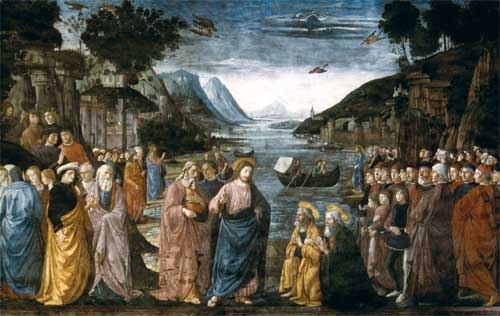
Discerning Hearts Reflection Questions:
- Trusting in God’s Goodness: Do you trust that God always wants what is best for you?
- Overcoming Fear: Where do you begin to become afraid of giving God permission to lead you?
- Surrendering to God’s Will: When do you begin to try to manipulate God or want what you think will make you happy?
- Affirming God’s Leadership: How can you cultivate a mindset of continually saying to yourself, “Father, I give you permission to lead me”?
- Developing Trust: How can you deepen your trust in God’s goodness and His plans for your life?
- Family Influence: Reflect on the impact of your family dynamics on your openness to God’s will.
- Building Healthy Relationships: In what ways can you nurture spiritually healthy relationships and discern which relationships lead you closer to God?
- Seeking God’s Will: How can you actively seek God’s will with a sincere heart, ready to receive His guidance?
Based on “Is Jesus Calling You To Be A Catholic Priest: A helpful guide”, published by National Conference of Diocesan Vocation Director.
Fr. Paul Hoesing serves at Kenrick-Glennon Seminary as President Rector

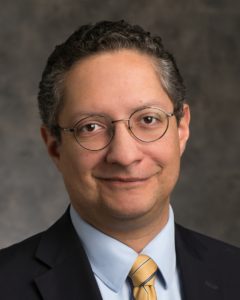
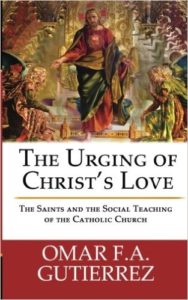
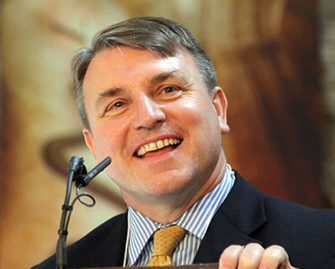
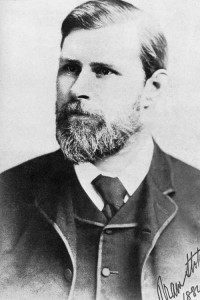
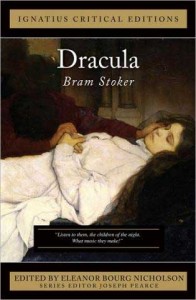
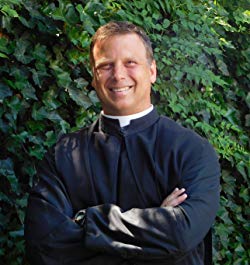 What a delight to talk with Fr. Augustine Wetta about “
What a delight to talk with Fr. Augustine Wetta about “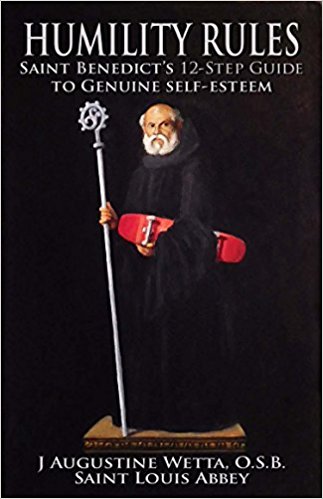
 Dr. Lilles begins the spiritual explorations of the Letters of St. Elizabeth of the Trinity. In this episode we discuss letter 111 as described below:
Dr. Lilles begins the spiritual explorations of the Letters of St. Elizabeth of the Trinity. In this episode we discuss letter 111 as described below:


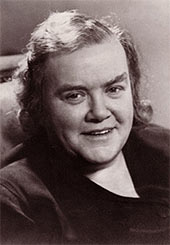 Adrienne von Speyr was a Swiss convert, mystic, wife, medical doctor and author of over 60 books on spirituality and theology. She’s inspired countless souls around the world to deepen their mission of prayer and compassion. She entered the Catholic Church under the direction of the great theologian, Hans Urs von Balthasar. In the years that would follow, they would co-found the secular institute, the Community of St. John.
Adrienne von Speyr was a Swiss convert, mystic, wife, medical doctor and author of over 60 books on spirituality and theology. She’s inspired countless souls around the world to deepen their mission of prayer and compassion. She entered the Catholic Church under the direction of the great theologian, Hans Urs von Balthasar. In the years that would follow, they would co-found the secular institute, the Community of St. John.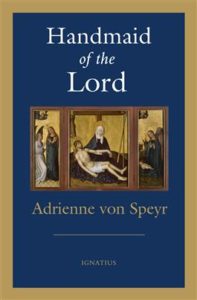
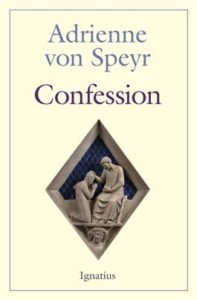
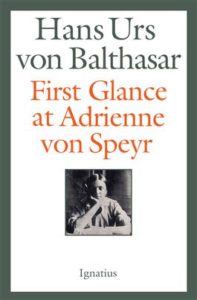


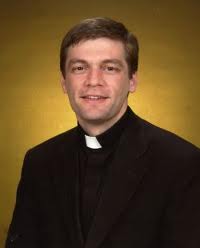
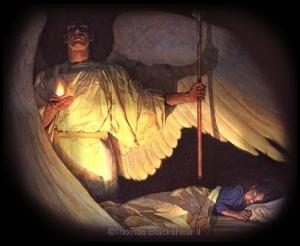 Christ “with all his angels”
Christ “with all his angels”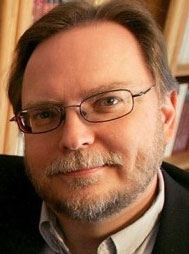 Saved?: With a Short Discourse on Hell” by Catholic theologian Fr. Hans Urs von Balthasar. The newer edition contains an outstanding forward by Fr. Robert Barron. The conversation with Mark Brumley sheds even greater light on why this is such an important work. Mark also corrects the misrepresentations that have been put forward about it’s contents in recent years, including the false characterization of von Balthasar as an advocate of “universalism”. An exceptional work! Once again, a great discussion with Mark Brumley.
Saved?: With a Short Discourse on Hell” by Catholic theologian Fr. Hans Urs von Balthasar. The newer edition contains an outstanding forward by Fr. Robert Barron. The conversation with Mark Brumley sheds even greater light on why this is such an important work. Mark also corrects the misrepresentations that have been put forward about it’s contents in recent years, including the false characterization of von Balthasar as an advocate of “universalism”. An exceptional work! Once again, a great discussion with Mark Brumley.
